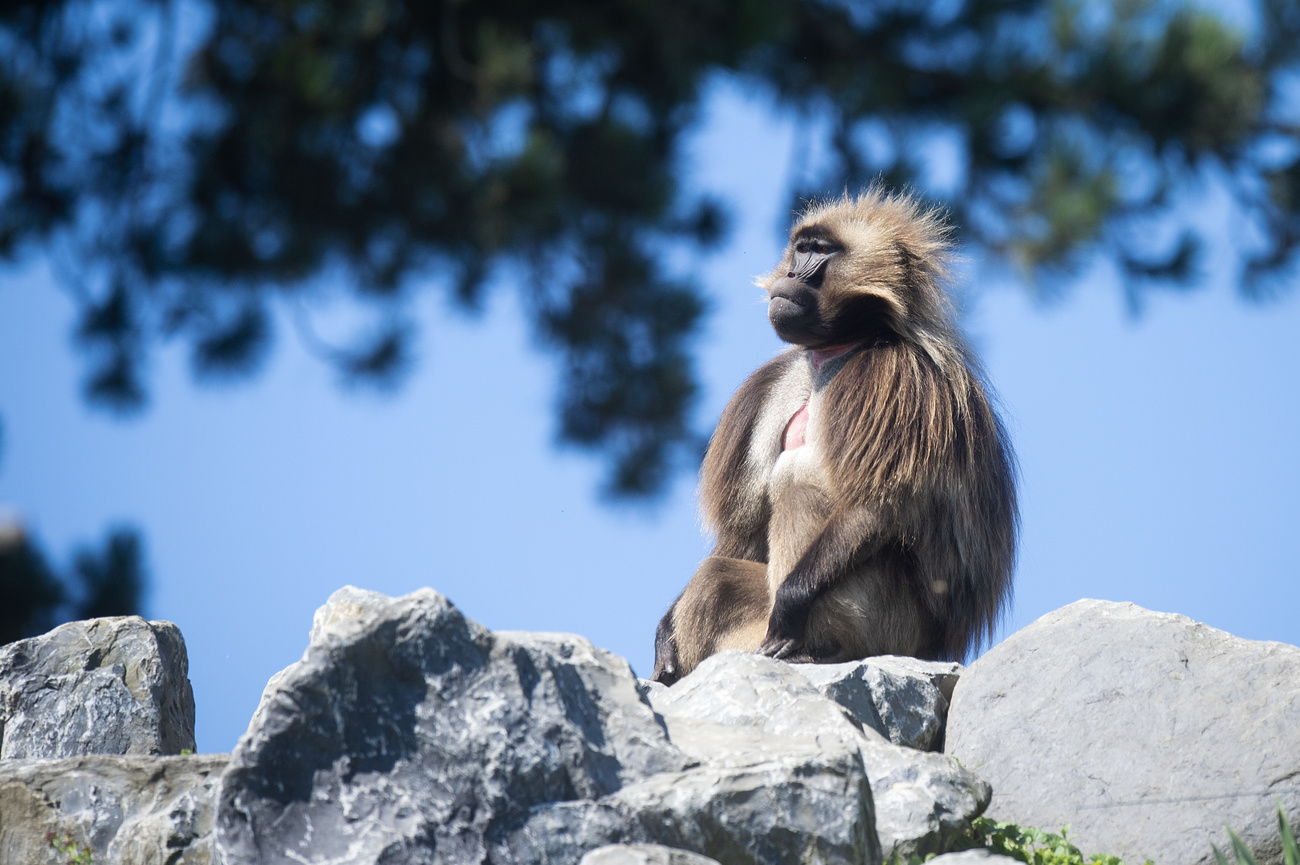
Zoos should consider culling surplus animals to regulate populations, say researchers

Researchers from the University of Zurich say zoos must rethink population management and allow animals to reproduce naturally - zoos should then cull surplus animals.
+Get the most important news from Switzerland in your inbox
Up to now, contraception has been the method of choice for zoos to control reproduction, said the University of Zurich (UZH) in a press statement on Wednesday.
But in an article published in the journal Proceedings of the National Academy of Sciences (PNAS) the scientists said zoos could preserve their breeding populations, raise awareness of conservation challenges and improve animal welfare and their carbon footprint by “allowing animals to reproduce naturally and culling surplus animals”.
Zoo animals getting older
The researchers argue that widespread contraceptive practices are changing the age profile of animal populations. As a result, zoo populations are getting older and older.

More
Animal welfare improves at Swiss zoos
This jeopardises one of the basic principles of zoos: the preservation of their own populations.
“What we don’t need is a collection of geriatric animals and veterinarians preoccupied with palliative care,” said co-author Andrew Abraham from Aarhus University in the press release.
Furthermore, reproduction is a basic need of animals. The scientists also argue that zoos could promote public understanding of the natural life cycle of animals through culling.
In addition, culled animals could be used to feed predators. This own meat supply would make zoos more enviromentally sustainable, according to the researchers.

More
Basel Zoo: evolving ape care from domination to modern standard
Adapted from German by DeepL/sb
This news story has been written and carefully fact-checked by an external editorial team. At SWI swissinfo.ch we select the most relevant news for an international audience and use automatic translation tools such as DeepL to translate it into English. Providing you with automatically translated news gives us the time to write more in-depth articles.
If you want to know more about how we work, have a look here, if you want to learn more about how we use technology, click here, and if you have feedback on this news story please write to english@swissinfo.ch.

In compliance with the JTI standards
More: SWI swissinfo.ch certified by the Journalism Trust Initiative




























You can find an overview of ongoing debates with our journalists here . Please join us!
If you want to start a conversation about a topic raised in this article or want to report factual errors, email us at english@swissinfo.ch.